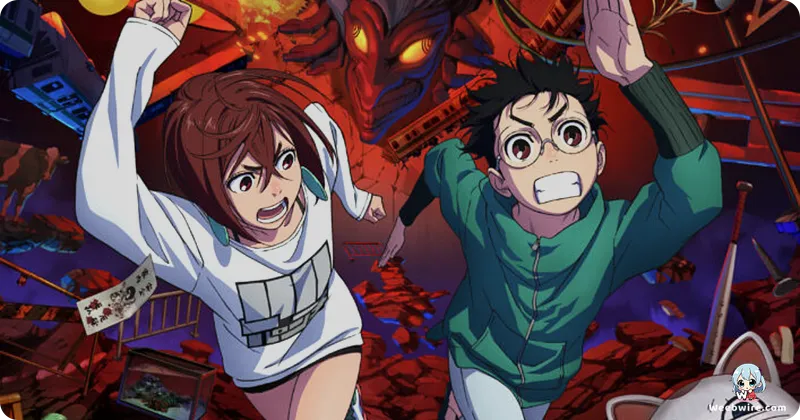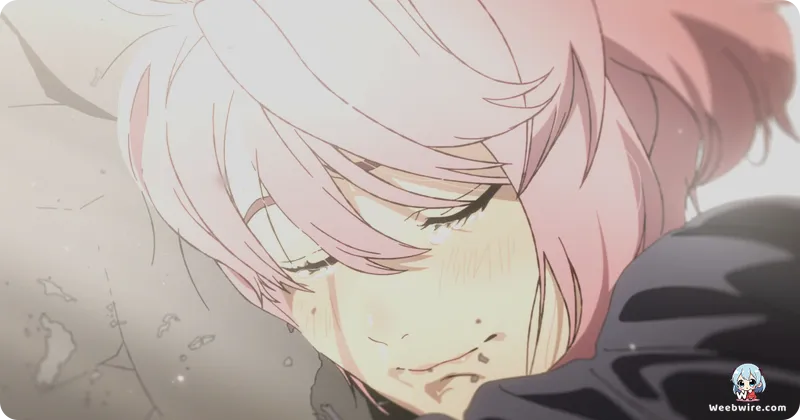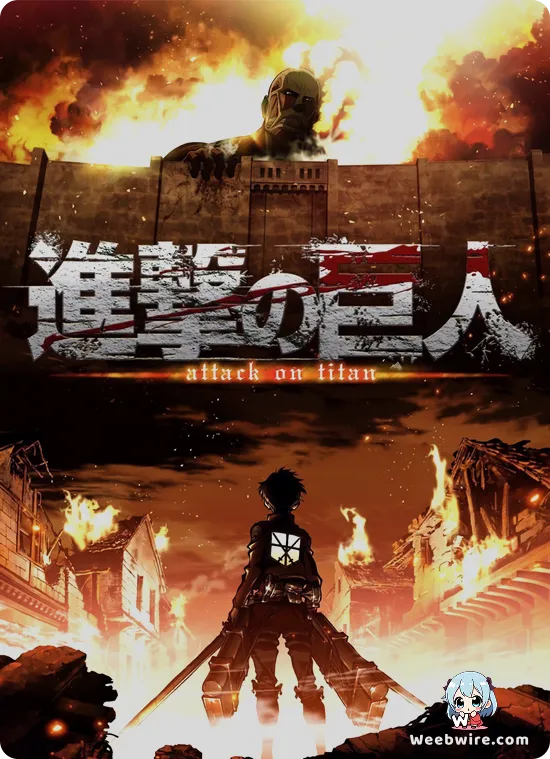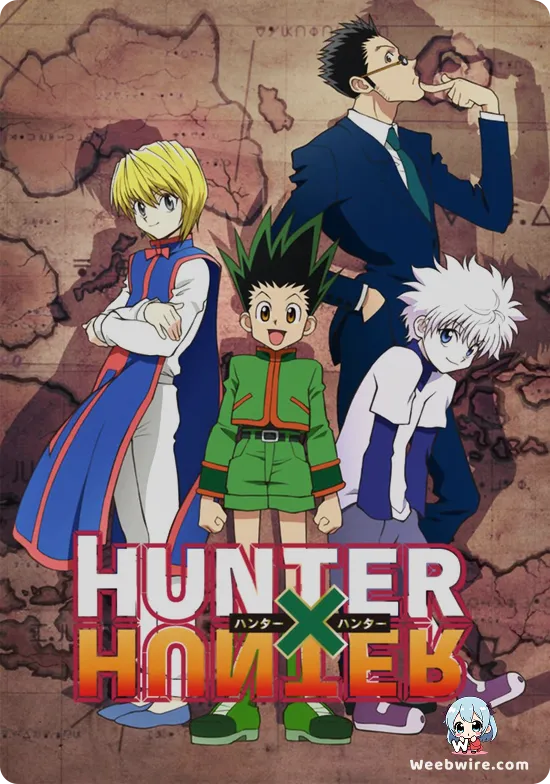The Unseen Architects: Unpacking DAN DA DAN's Creative Genius and Genre-Defying Appeal

As anticipation for DAN DA DAN Season 2 reaches a fever pitch, the series continues to enthrall global audiences, distinguished by its electrifying narrative and exceptionally crafted foundations. This is far from just another supernatural sci-fi tale; it stands as a masterclass in genre-bending, infused with unexpected influences and audacious artistic choices that defy easy categorization. The profound allure of DAN DA DAN lies deep within the fascinating creative details that meticulously shape its distinctive identity and fuel its immense, growing popularity. It’s a testament to how a unique vision can truly resonate with a diverse fanbase.
A cornerstone of DAN DA DAN's undeniable visual brilliance is the animation studio Science SARU. Renowned for their groundbreaking work on projects such as Devilman Crybaby, Keep Your Hands Off Eizouken!, and Scott Pilgrim Takes Off, this studio consistently redefines anime aesthetics. They achieve this through their signature fluid, often abstract animation, combined with incredibly dynamic camera work that brings unparalleled energy to every scene. For DAN DA DAN, Science SARU has expertly undertaken the challenging task of translating Yukinobu Tatsu's chaotic, expressive manga panels into an equally energetic and remarkably smooth animated experience. They masterfully fuse detailed character designs with frenetic action sequences and exaggerated comedic beats, ensuring that every grotesque alien, every ethereal ghost, and every perfectly timed slapstick moment lands with maximum visual and emotional impact. This meticulous approach makes the series not just visually distinct, but truly unforgettable.
The Creative Lineage of Yukinobu Tatsu
Yukinobu Tatsu's own creative lineage offers truly fascinating insights into the unique DNA of DAN DA DAN. He meticulously honed his craft as an assistant to two veritable titans of Shonen Jump+: Tatsuki Fujimoto, the visionary behind the global phenomenon Chainsaw Man, and Yuuji Kaku, the creator of the dark fantasy hit Hell's Paradise: Jigokuraku. Much like his esteemed mentors, Tatsu exhibits an extraordinary talent for sudden, jarring tonal shifts, seamlessly blending moments of grotesque horror with laugh-out-loud comedy and deeply heartfelt, emotional beats, all delivered at a relentless, breakneck pace. This shared sensibility—the ability to craft compelling narratives that are simultaneously bizarre, intensely violent, and profoundly emotional—firmly establishes DAN DA DAN within a distinguished lineage of groundbreaking contemporary shonen manga. It’s a series that isn't afraid to push boundaries and challenge reader expectations.
The manga itself is generously rich with subtle visual gags and clever homages, rewarding the most attentive fans. A particular fan-favorite involves the protagonist, Ken Takakura, affectionately nicknamed 'Okarun.' Many astute readers believe his full name cleverly references Jotaro Kujo from the iconic JoJo's Bizarre Adventure, a nod further cemented by their shared voice actor in the anime. These deep-cut references are thoughtfully sprinkled throughout the series, adding delightful layers of meta-humor and showcasing Tatsu's profound love and encyclopedic knowledge of pop culture. It’s these small, intricate details that truly elevate the reading and viewing experience, making it a treasure trove for dedicated enthusiasts.

The Heart of DAN DA DAN: Absurdity and Dynamic Duo
At its very heart, DAN DA DAN’s core premise exemplifies its delightful absurdity and is a masterclass in comedic irony. It ingeniously pits the staunch ghost-believer Momo Ayase against the equally fervent alien-believer Ken Takakura (Okarun), only to thrust them headfirst into a world where both supernatural and extraterrestrial beings unequivocally exist. The irony is expertly played for maximum comedic and narrative effect: Momo, who initially dismisses the very idea of aliens, finds herself inextricably entangled with them, while Okarun, who scoffs at the notion of ghosts, inexplicably becomes a magnet for yokai. This inherent contradiction is a constant, fertile source of comedic friction, unexpected plot developments, and significant character growth for both protagonists.
Their dynamic—a hilarious blend of bickering, reluctant heroism, and burgeoning mutual respect—is undeniably the series' beating heart. It’s a relationship forged in the crucible of shared trauma and built upon an ever-deepening mutual reliance. While the series fearlessly embraces elements of horror and intense drama, it consistently grounds these moments in the earnest, evolving human connection between Momo and Okarun. Their bond provides a crucial emotional anchor amidst the chaos, making their journey relatable and deeply engaging despite the outlandish circumstances.
Unforgettable Beings and Thematic Depth
Beyond the captivating central duo, DAN DA DAN's world is richly populated by an array of truly unforgettable beings. Chief among them is Turbo Granny (Turbo Jiji), a malevolent, high-speed yokai who, in a surprising twist, evolves into a terrifying yet strangely effective mentor for Okarun. Her presence not only introduces classic Japanese folklore elements but also brilliantly subverts traditional expectations, adding layers of complexity and dark humor. The meticulous design of each yokai and alien, often blending grotesque features with a distinct sense of dark humor, powerfully highlights Tatsu's unique and uncompromised vision. Furthermore, the anime's detailed and immersive sound design further brings these fantastical creatures to life, crafting unique auditory signatures that amplify both their terror and their comedic timing, creating a truly immersive experience.
The manga’s original run on Shonen Jump+ soared in popularity precisely because of its unapologetic embrace of weirdness and its steadfast refusal to be easily categorized. Fans were immediately drawn to its kinetic action, genuinely creepy horror, and the unexpected warmth found in its character relationships. Its underlying themes of courage in the face of the unknown, self-acceptance, and finding profound strength in vulnerability, all packaged within high-octane battles against interdimensional threats, resonated deeply with a broad audience. This thematic depth, subtly woven into rapid-fire jokes and shocking plot twists, makes DAN DA DAN both profoundly entertaining and surprisingly impactful, solidifying its place as a standout in contemporary manga and anime.
Credits
DAN DA DAN
Author
Yukinobu Tatsu
Cover Art
Yukinobu Tatsu
Studio
Science SARU
Publisher
Shueisha
Producers





